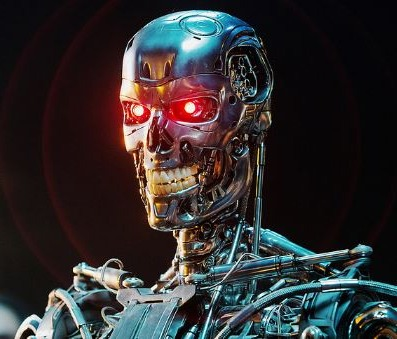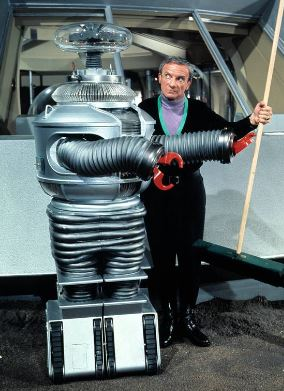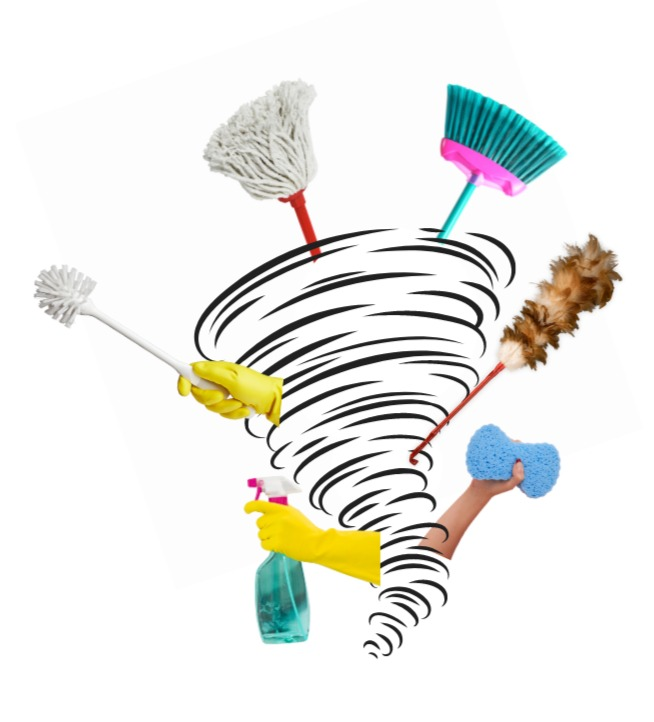Time for a Spooky Story: Artificial Intelligence Simplified
This time of year, we all enjoy a good spooky story. Here's one: the world is taken over by robots!
How many movies have been made about zombie take overs; in these movies, (at
least the ones I watched with my teenage kid) the zombies had no individual intelligence. Sometimes there was a vague hive intelligence. Mostly the zombies were driven by a need to eat - human flesh being the preferred food supply. And the zombie population growth was usually perpetuated by a virus. What about a Robot Takeover?
I suspect there will be an increase in movie production feeding on our fears and the idea of a group of aritificial intelligence beings taking over our world. With a perfect memory (like a computer) - that learning is expodential.


Artificial Intelligence Defined:
The Oxford Dictionary definition of Arificial Intelligence is the theory and development of computer systems able to perform tasks that normally require human intelligence, such as visual perception, speech recognition, decision-making, and translation between languages. Wikipedia varies this definition slightly stating that Artifical Intelligence is the ability of a computer or computer-controlled robot to perform tasks commonly associated with intelligent beings.
Human processiong compares to Artificial processing in that AI can handle repetitive, data-driven tasks and give data-based results. Human intelligence can work on creative, emotional and critically complex tasks.
The Internet of Things (IoT)
And this leads us to IoT. An object that is considered Internet of Things has sensors, a processing ability and exchanges data with other devices and systems over the internet or a network. Areas of Internet of Things application include:
- Consumer products such as Connected vehicles, home automation, wearable tech.
- Health applications with remote monitoring (for diabetes, seizure disorder, blood pressure and more).
- Elder / disability care with voice control wheelchairs, cochlear implants with alerts, robotic assistance.
- Transportation which is not limited to but includes Smart traffic control, electronic toll collection, fleet management, smart parking, vehicle control (), V2X (which included vehicle to vehicle communication, vehicle to infrastructure communication, vehicle to pedestrian communication with the aim to acheive autonomous driving).
- Manufacturing (machining / factories) of products - food, plastics like ziplock bags, packing materials, cars.
- Maritime and Airway traffic control
- Infrastructure which monitors and controls the operations of bridges, railway tracks, subways, traffic lights, charging stations, wind farms.
- Military which ranges from monitoring physical and psychological well being of human soldiers to supporting humans with digitized units, managing shipment of supplies, weaponry, etc.
- Product digitalization which would track the movement of products from manufacture to purchase and utilization / consumption by the end user.


Should we be afraid of the progression of Artificial Intelligence and IoT?
I have read articles that lean towards full panic and rebellion against further development of AI and articles that provide a balance stating that we should proceed in progressing this
technology with caution. It is interesting that the positive articles advise proceed with caution (the conspiracy theorist sitting on my shoulder shrieks). But really in any endeavor - such as purchasing a cute little boa constrictor - one needs to be aware of the magnitude of the potential situation, best and worst case scenarios and guide the efforts towards the best hedging against the worst case scenario.
Considering how a person with diabetes has experienced great relief with the disc on their arm monitoring blood sugar levels and notifying the user of how much insulin is needed to regulate the levels to normal, there is value and amazing quality of life acheived. This is an amazing development! No pricking the finger. No sliding scales. Would you worry about your privacy being invaded with this use of AI?
The Greatest Danger Cited with AI is Security & Privacy
With all the monitoring, coordination with other systems and delivering you with what AI thinks you want - like a temperature controlled home with thermostats controlled by AI - your information is constantly being used for good. Which means it is out there and could be used in other ways. Consider any Search Engine platform like Google, Bing or Yahoo: you type in a search and based on previous searches, your location, age, financial status, home ownership, you will be served what the AI in that engines " thinks " you are searching for).

As with anything, this possibility has created opportunity for countless hedgesafes and software platforms that can be employed to protect you, your information , your status. These are easily found with any Search on any platform.
That being said, is there a way to fully protect against ... what? which danger? Hacks? Use of financial
information? Use of your contacts? I suppose the greatest protection would be not to engage. But then an individual would be blocking the time saving, (sometimes life saving) and assistive nature of these technological advances. It is a challenging paradigm to consider.
The Greatest Fun of a Scary Story is That The Story is All Make-Believe
Oops! Well that is no fun. Spooky stories are usually not true stories. I have poked the bear so to speak.
But it is fun (and mind boggling) to consider all the technological advances Artificial Intelligence brings for good. It is sobering to consider the possibilities we will witness become reality over the next decade - negative and positive - and what they will mean for our futures.

















